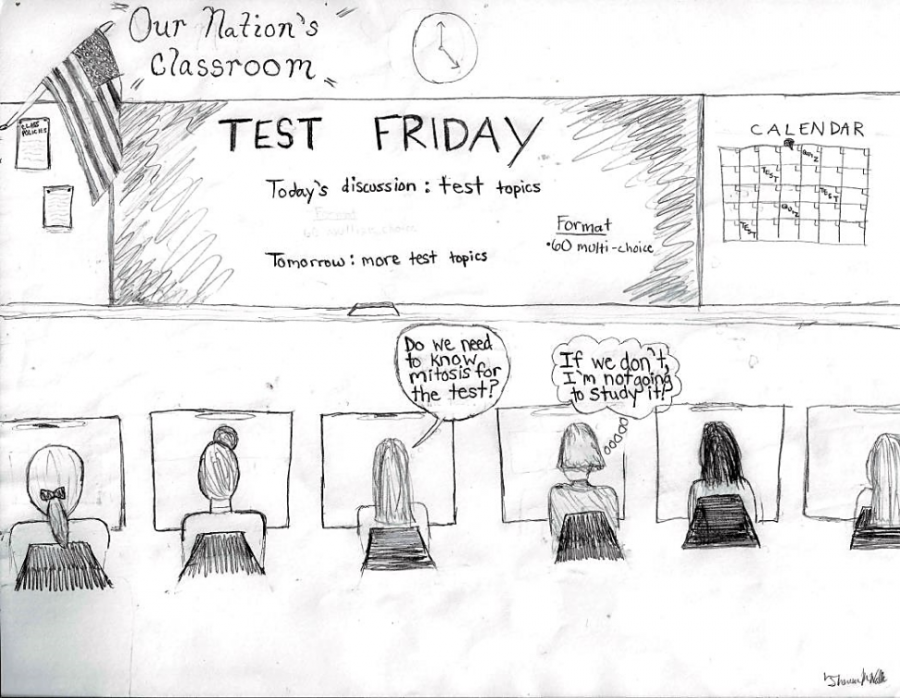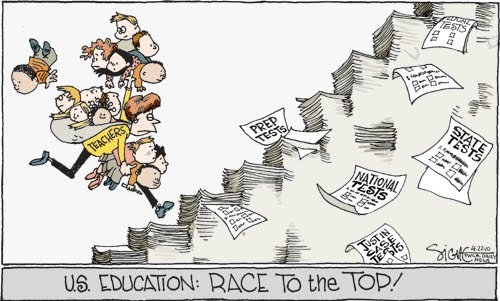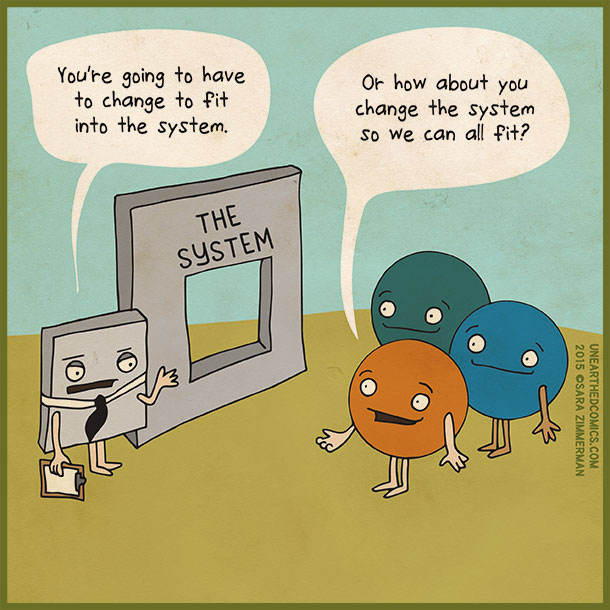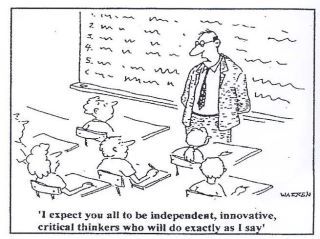“Creativity is the process of having original ideas that have value. ”
Fighting for an educational revolution
Our mission is to help people recognize that the current education system does not encourage or emphasize creativity nearly enough as it should. We want to be the voice of educators and children everywhere who know that there is more than one approach to a given problem. We want to give opportunity to the people who seek to be innovative in their thinking and problem solving, no matter their age.
So what is Creative Problem Solving?
People often pose this question to us because for most of our lives, we were trained to come up with the "right" answer. Most of the time, we block our minds from thinking differently and find it easy to follow a certain norm so as to find quick, easy-fix solutions. However, in the long run these shortcuts and conventional approaches do not always prove to be effective.
Creative problem solving is a technique to approach a problem or address a challenge in an imaginative way. Creative problem solving tools help us flex our minds, redefine the problems we face, find path-breaking ideas and take suitable actions thereafter. It’s all about overcoming our mind’s conceptual blocks and finding multiple solutions to effectively solve a problem that we face.
Sometimes, asking yourself these two basic questions may open your mind to new, innovative solutions to creatively solve the problem:
What type of problem is this?
Most of the time, we get stuck on a problem because our focus is too narrow. When you think specifically, you limit your memory and stifle creativity. Instead, think more abstractly. Find the essence or the intrinsic root of the problem.Who else has faced this type of problem?
When you think about your problem abstractly, you realize that other people have solved the same type of problem in radically different ways. One of their solutions may hold the key to yours.
You may not use one of their solutions exactly, but you free your memory to retrieve more information, making that elusive "aha" moment easier to reach.
By re-describing the problem, you're much more likely to find inspiration for a truly creative innovation.
Explore these quick videos on creativity and divergent thinking here!








